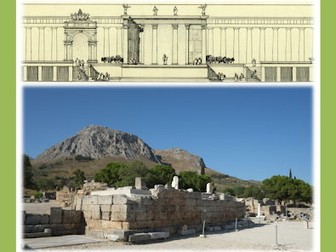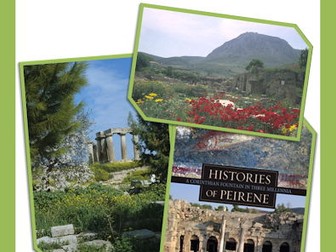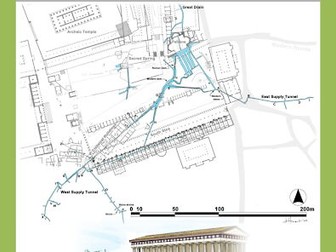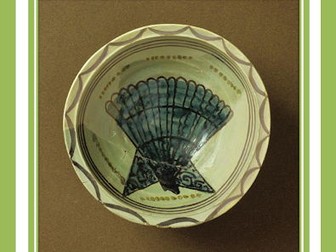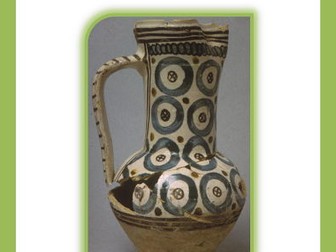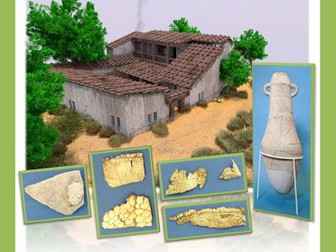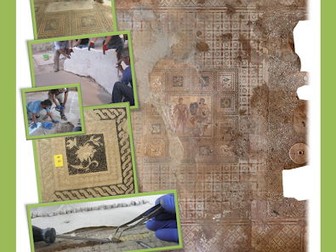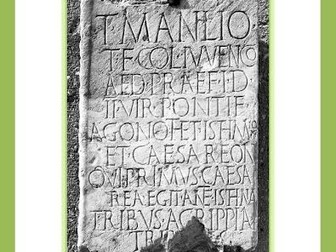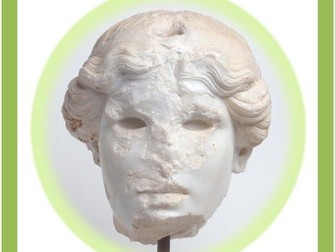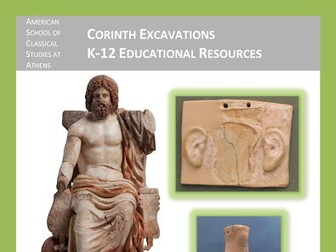
Contemporary Connections to Christianity in the Roman World (Lesson Plan)
In this lesson students will explore the influence of Christianity on contemporary cultures and events.
Through a case study of Roman Corinth, students will discover the rise of Christianity in the Roman period with archaeological evidence and quotes from scholars of religion and archaeology to supplement the images and artifacts of Christianity as they begin to appear in Ancient Greece.
Students will be asked to identify, select, and analyze different forms of evidence (including art, photographs, text, plans, and more) to make meaning in social studies by creating a monument label for the archaeological site of Ancient Corinth, Greece.
Comprehensive lesson plans and accompanying PowerPoints are available here.
For more “bite-sized” educational materials, check out our topical resources here.
